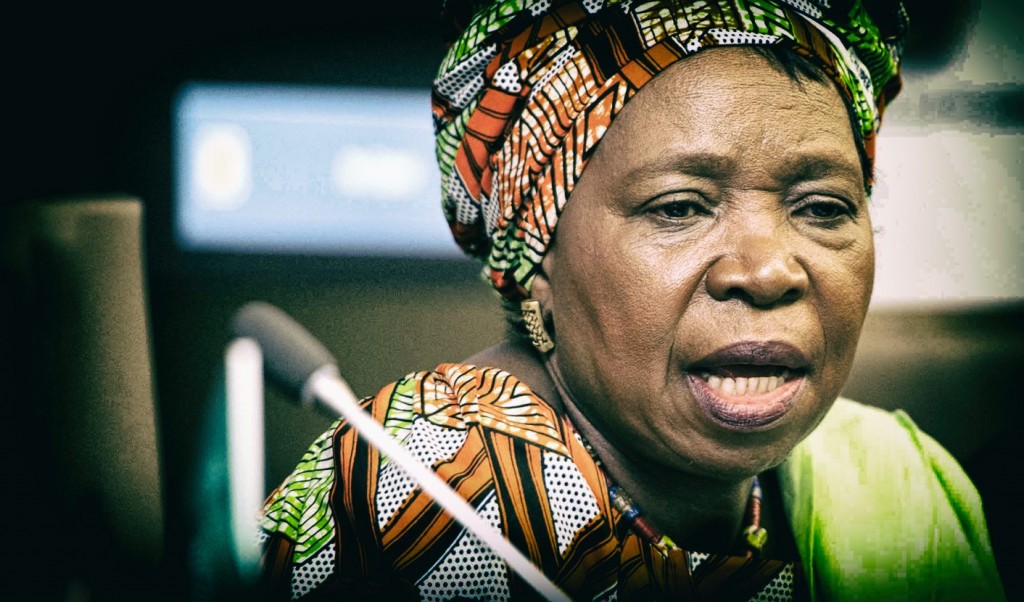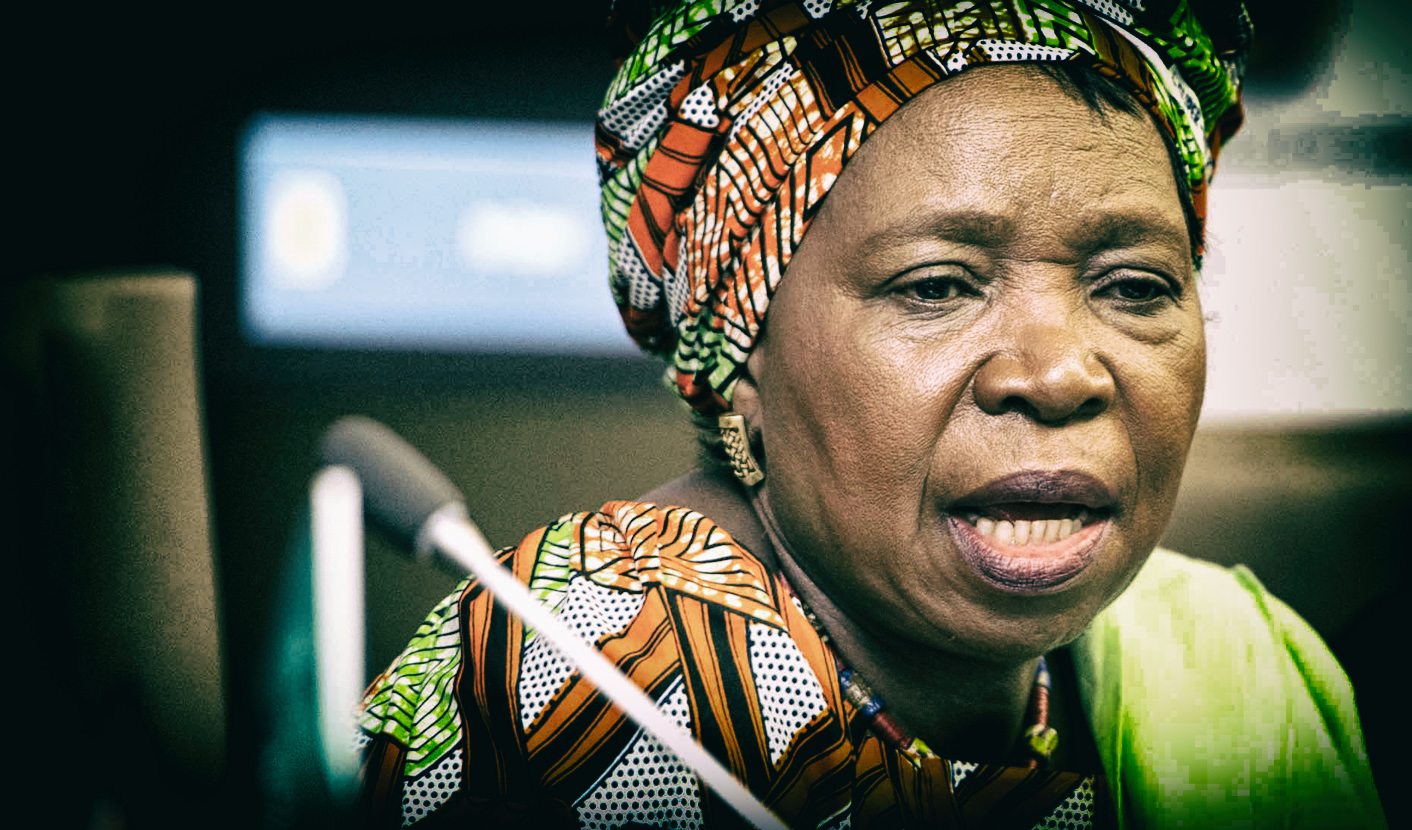President Ramaphosa appoints fifty-percent of women to South Africa’s next government

BY JOAN MORGAN
In an unprecedented move to prop gender diversity—arguably a necessary step toward gender equality—newly-sworn-in South Africa’s president, Cyril Ramaphosa, has appointed an equal number of men and women to his new cabinet that will be sworn-in on Thursday.
The decision, which the president announced yesterday on national television, is intended to create a line of leaders capable of advancing the country’s future. “For the first time in the history of our country, half of all ministers are women,” stated the president.
On Wednesday 8 May, Cyril Ramaphosa, the union leader-turned-businessman who climbed to the presidential seat following the resignation, in February 2018, of former President Jacob Zuma amid corruption scandals, was elected president as a result of the ruling African National Congress’ (ANC) win of a slim majority in parliament.
The president’s decision to allocate half of the cabinet seats to women was hailed by many at home and abroad. But it also drew some criticism from people who felt many of the women cabinet members are no newcomers. Speaking to CNN, Xolani Dube, a political analyst from the Xubera Institute of Research and Development based in Durban, applauded the move, but added:
“Many of the women the president announced have been there for many decades. We need to ask ourselves what kind of paradigm shift are we looking for in this country.”
In the same remarks, the analyst also said:
“We need to introduce young women who have a different outlook on how South Africa is supposed to be governed in this particular age.”
Case in point, 70-year-old Nkosazana Dlamini-Zuma, formerly African Union chairperson and estranged wife of former president Jacob Zuma, who returns as the minister of co-operative governance and traditional affairs, has held several government positions for decades, going back to the early 1990s.
It’s no different for Thoko Didiza who will soon hold the position of minister of agriculture she had occupied for eight years during the Thabo Mbeki presidency.
But President Ramaphosa also innovates by appointing younger people to his cabinet. These include former ANC Youth League deputy president Ronald Lamola as the minister of justice and correctional services, and youth leader Njabulo Nzuza, who will be deputy minister of home affairs. Ramaphosa surprirsed his fellow-countrymen by also appointing Patricia De Lille, the leader of the opposition party Good who will seat at the helm of the important ministry of public works and Infrastructure.
President Ramaphosa stated:
“In appointing a new national executive, I have taken a number of considerations into account, including experience, continuity, competence, generational mix and demographic and regional diversity.”
Another key innovation is the president cutting down the cabinet size from 36 members down to 28.


